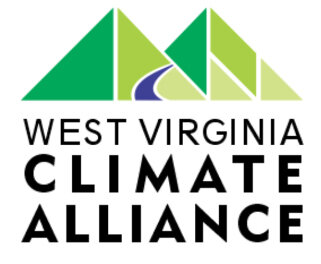REPORT: Energy efficiency — not natural gas — offers a better life for West Virginians
IMAGE: Ricordo Annandale, Unplash.com
We hear a lot about big legislation and dramatic shifts in energy infrastructure to tackle climate change before it tackles us. These are crucial. Yet something as straightforward as energy efficiency is also “the low-hanging fruit” of things we can do. For West Virginia communities skittish about how they get to a clean energy future, efficient use of energy they use now can mean a better quality of life and even more work, according to the Ohio River Valley Institute.
“When you do energy efficiency — not just in homes, but in businesses, workplaces, schools and other public buildings — you are also contributing to an improved quality of life,” said Sean O’Leary, lead author of the two reports released July 21. “Energy efficiency work on heating, ventilation, air conditioning, and doors and windows tends to be labor-intensive. For each dollar that goes into them, they generate about three to four times as many jobs as a dollar spent or earned in natural gas.”
Making our homes, businesses and public buildings energy efficient also means work for local workers and contractors, he said. “When you spend money with them, the money stays in the local economy. They hire local workers, and it has a multiplier effect.”
West Virginia mayors, commissioners, and other leaders should consider visiting Centralia, Washington. The city is highlighted in the report as a possible model for Appalachian counties in making the demanding transition from dependence on fossil fuel industries. Midway between Seattle and Portland, the area long relied on coal mining and a coal-fired plant. At times around the turn of the century, Centralia’s unemployment rate exceeded some Appalachian counties.
But things have changed. The Centralia coal mine closed in 2006, and nly one unit remains at the power plant, which is set to retire in 2025. Yet, what’s this? From 2015 to 2019, the area’s gross domestic product grew at twice the nationwide rate, and it added more than 2,800 new jobs, according to the report. Forward thinking has helped. TransAlta, which owned the coal mine and still owns the power plant, agreed to invest $55 million for a transition plan to support energy efficiency, economic and community development, and education and retraining programs.
“You just walk around town, and you see this is a nicer place to live and have a business than it used to be,” O’Leary said.
And the reports have sobering news for those who continue to sell natural gas as money-and-jobs boon for West Virginia and Appalachia. One of the report suggests the natural gas industry is “destined to fail” when it comes to delivering lasting quality of life benefits.
READ ON: Advocates say energy efficiency — not gas — offers Appalachia best economic prospects


